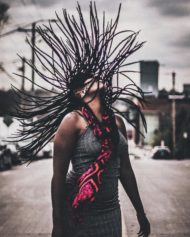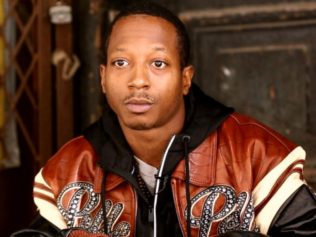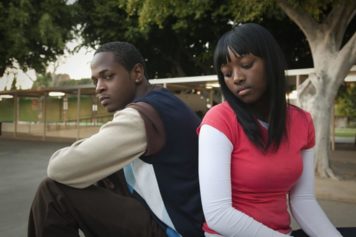Motivated by a long list of woeful statistics for young black males in Northern California’s Bay Area, the local 100 Black Men chapter decided to start a school focusing on young black males.
Called 100 Black Men Community School, the doors opened this month with 90 students wearing crisp uniforms stepping into the classrooms of a staff of mostly black men who are committed to turning around the negative statistics.
There are a number of similar schools started around the country with the idea of focusing exclusively on the needs of black males. It’s a controversial and difficult concept to bring together in the public schools, where some factions will attack it as racist or sexist. But this school is financially supported by the Bay Area chapter of 100 Black Men. It is modeled after the nationally acclaimed Eagle Academy for Young Men in New York City, which opened in 2004 and has been getting remarkable results—its graduation rate of over 80 percent is a stunning improvement over the 30 percent graduation rate for black males in New York City.
The committed staff at the 100 Black Men Community School is focused on overcoming the myriad challenges black boys face—difficult family lives, street culture, community violence and the perception of a lack of male role models outside professional sports and the music industry. Those problems are reflected in an alarming Oakland statistics: at the city’s middle schools, a third of black males were suspended at least once last year.
At 100 Black Men Community School, the black male role models are right there in front of the youngsters every day.
“We know our children can perform as well as any other children,” Dr. Mark Alexander, an epidemiologist and chairman of the board for the local 100 Black Men, told the San Francisco Chronicle. “We’re going to create a culture that hopefully will be stronger than the streets.”
Derrick Bulles of the Bay Area 100 Black Men said this school would be different because its teachers will instinctively understand the needs of black boys. They won’t fear them or marginalize them, as happens too often in other schools.
“We don’t have that problem,” Bulles said. “They’re our boys. We are best able to manage that.”
Organizers say the school will be rigorous while focusing on African American culture and individual identity based on a wide range of role models.
“I decided to send him here because of the data on African American males in the district,” Dorcia White said of her sixth-grade son Drake. “I didn’t want him to get lost in that.”
was happy to be there.
“The school gives us a different feeling – equal in one environment,” said Terrell Wrice, 11, who added that the only downside was a lack of girls.
Nevertheless he was happy to be there.
The school expects to enroll 120 male students in kindergarten and first, fourth, fifth and sixth grades this year and eventually add grades to grow into a K-12 with 900 students.


